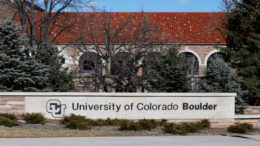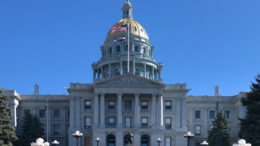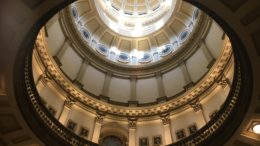House bill validates virtual meetings for special district boards in Colorado
Like most other government bodies, special district boards in Colorado have met over Zoom or some other video-conferencing platform during much of the COVID-19 pandemic. But they’ve done so, state lawmakers were told, not knowing for sure whether state law permitted their virtual meetings.






